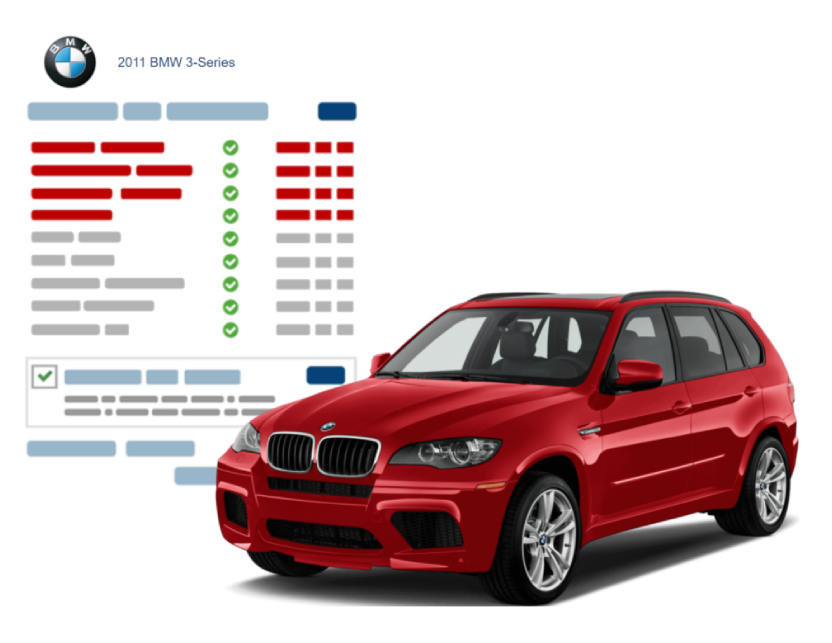
The automotive sector has always been a dynamically evolving field. In recent years, we have witnessed a genuine breakthrough that promises to revolutionise the way we travel. This article explores the latest technologies entering the automotive world, such as autonomous vehicles, intelligent safety systems, and advanced multimedia systems.
Autonomous Vehicles
Autonomous vehicles represent one of the most exciting innovations in the automotive industry. Self-driving cars, utilising advanced algorithms and artificial intelligence, can operate without human intervention. Thanks to sensors, radars, cameras, and lidar, autonomous vehicles can analyse their surroundings in real-time and make decisions based on collected data.
This technology has the potential to significantly reduce the number of road accidents caused by human error, improve traffic flow, and increase accessibility for disabled and elderly individuals. Companies like Tesla, Waymo, and Uber are already testing their autonomous vehicles on the roads, and their full commercialisation seems imminent in the coming years.
Intelligent Safety Systems
Safety has always been a priority in the automotive industry, and technological advancements only strengthen this aspect. Modern vehicles are equipped with intelligent safety systems capable of predicting and responding to potential road hazards.
Examples of such technologies include:
- Automatic Emergency Braking Systems (AEB): These use radars and cameras to detect obstacles on the road and automatically apply brakes if the driver fails to react in time.
- Lane Keeping Assistants: These help keep the vehicle within its lane, correcting the driving path if an unintentional lane departure occurs.
- Adaptive Cruise Controls (ACC): These adjust the vehicle’s speed to that of preceding vehicles, maintaining a safe distance.
These and other systems significantly enhance safety levels, reducing the risk of collisions and improving driving comfort.
Advanced Multimedia Systems
Contemporary cars are not just modes of transport but also multimedia hubs. Advanced multimedia systems have become standard, offering drivers and passengers unlimited entertainment and communication possibilities.
Modern infotainment systems include:
- High-resolution touchscreens: Allow intuitive control of vehicle functions and access to multimedia.
- Smartphone integration: Technologies such as Apple CarPlay and Android Auto enable users to easily connect their phones to the car’s system, accessing apps, navigation, and music.
- Internet connectivity: Enables the use of online services like music streaming, web browsing, and live map updates.
Other Innovations
In addition to the above technologies, many other innovations are on the horizon with the potential to transform the automotive industry. These include:
- Vehicle electrification: Electric cars are becoming increasingly popular, offering an eco-friendly alternative to traditional combustion engine vehicles.
- Wireless charging: Modern technologies allow electric vehicles to be charged without the need for cables.
- Composite materials: Lighter and more durable materials improve fuel efficiency and vehicle safety.
Conclusion
The future technologies in the automotive industry bring many exciting changes that promise to enhance safety, comfort, and accessibility of transport. Autonomous vehicles, intelligent safety systems, and advanced multimedia systems are just some of the innovations changing the way we travel. In the coming years, we can expect an even greater number of groundbreaking technologies that will make travelling more efficient, safe, and enjoyable.







